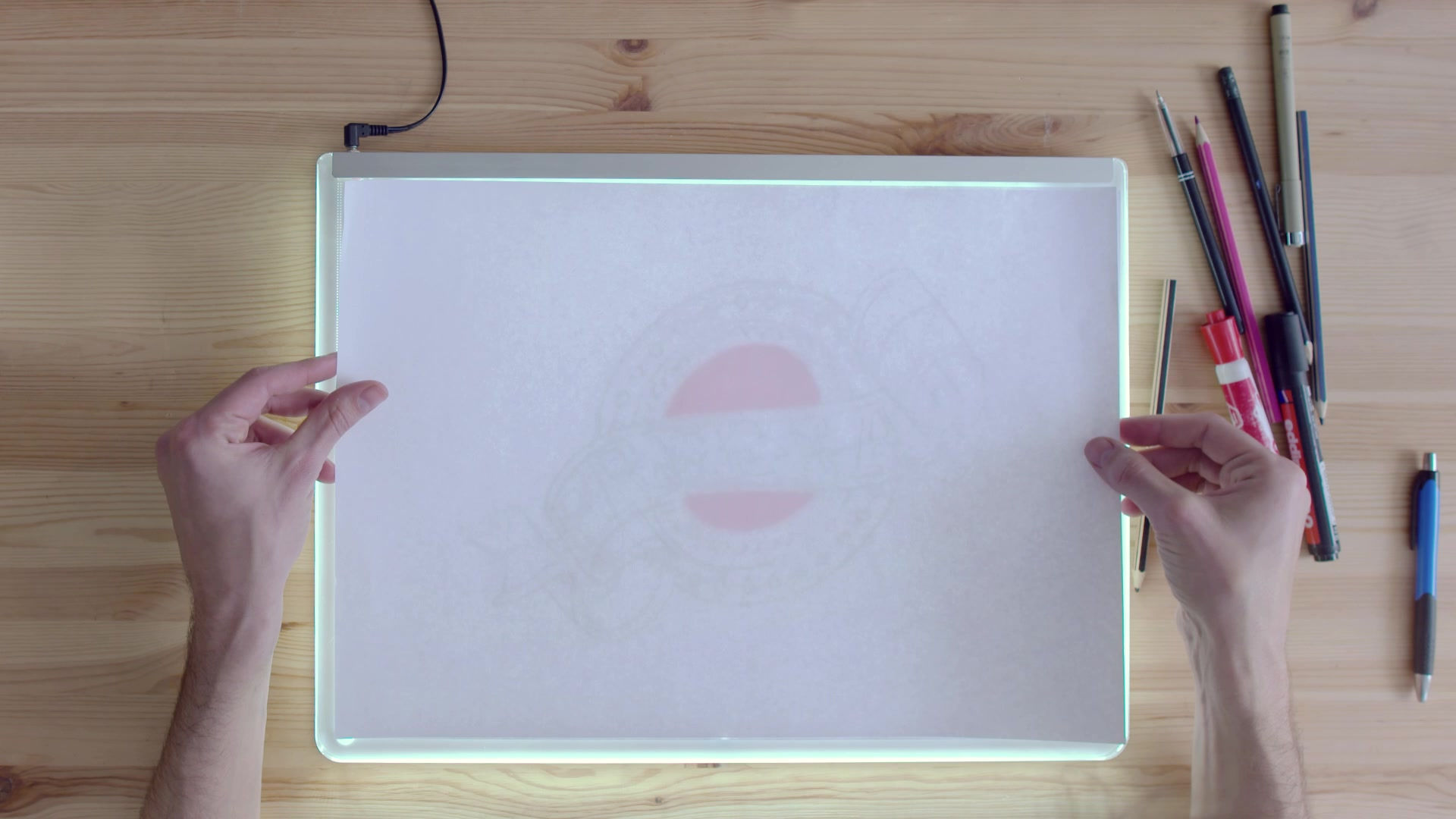
In a world where judgment and prejudice prevail, it is essential to shed light on the experiences of the hearing and Deaf communities. Far too often, these individuals are subjected to unfair treatment, misconceptions, and discrimination. It is crucial for all of us to recognize that these judgments are rooted in theft, attitude, health issues, abuse, racism, divorce, Deafness, disability, discrimination, and other misguided assumptions. By understanding the challenges faced by both hearing and Deaf individuals and offering our support without judgment, we can work towards creating a more inclusive and compassionate society.
The Unseen Struggles of Hearing and Deaf Individuals
Behind the veil of silence and sound, both hearing and Deaf individuals encounter unique challenges that often go unnoticed. The judgment they face is rarely based on an understanding of the difficulties they endure on a daily basis. Whether it's the constant need for communication adaptations, the barriers in education and employment, or the struggle to access vital resources, these communities face an uphill battle.
Breaking Down Stereotypes and Misconceptions
Stereotypes and misconceptions further perpetuate the judgment faced by hearing and Deaf individuals. Society tends to label them as unfit parents, dishonest, or prone to affairs. These assumptions are not only unfounded, but also contribute to the marginalization and exclusion of these communities. It is important to challenge these misconceptions and recognize that they are unfair generalizations that do not reflect the reality of individuals' lives.
Promoting Empathy and Support
Instead of judging the hearing and Deaf communities, we should strive to develop empathy and provide support. Recognizing that we do not fully comprehend the challenges they face is the first step towards cultivating compassion. By actively listening to their stories and experiences, we can gain a deeper understanding of their struggles and extend a helping hand.
Combating Discrimination
Discrimination against the hearing and Deaf communities is a grave issue that requires our attention. It is our collective responsibility to advocate for equal rights, accessibility, and inclusivity. By actively fighting against discrimination, we can foster an environment where all individuals, regardless of their hearing abilities, are treated with respect and dignity.
Embracing Diversity and Collaboration
The hearing and Deaf communities have much to offer to society. Embracing their diversity and promoting collaboration can lead to mutual growth and understanding. By breaking down communication barriers and creating spaces that encourage dialogue, we can bridge the gap between these two communities and foster a sense of unity.
The Power of Education and Awareness
Education and awareness play a vital role in dismantling judgment and prejudice. By providing accurate information about hearing loss, sign language, and the challenges faced by the Deaf community, we can dispel misconceptions and foster a more inclusive mindset. Through educational initiatives and awareness campaigns, we can empower individuals to support and advocate for the hearing and Deaf communities.
The Importance of Language Access
Language access is a fundamental right for the Deaf community. Providing accessible communication options, such as sign language interpreters and closed captioning, is essential in ensuring equal participation and inclusion. By prioritizing language access, we can break down barriers and create a more equitable society.
Creating Support Networks
Support networks are vital for both hearing and Deaf individuals. Establishing communities where individuals can share their experiences, seek guidance, and find solace can be transformative. By fostering a supportive environment, we can create a sense of belonging and empower individuals to navigate the challenges they face.
Moving Forward: A Call to Action
To truly support and understand the hearing and Deaf communities, we must commit to taking action. This includes educating ourselves, challenging our own biases, and actively advocating for inclusivity and equal opportunities.
Here are some steps we can take:
9.1 Educate Yourself: Take the initiative to learn about the challenges faced by the hearing and Deaf communities. Educate yourself about hearing loss, Deaf culture, sign language, and the barriers they encounter in various aspects of life. By understanding their experiences, you can better empathize and contribute to positive change.
9.2 Challenge Your Biases: Reflect on your own biases and preconceptions about hearing and Deaf individuals. Recognize that judgments based on appearance or assumptions are unfair and often unfounded. Embrace a mindset of openness and acceptance, focusing on the unique strengths and abilities of individuals rather than their hearing abilities.
9.3 Spread Awareness: Use your voice and platform to raise awareness about the challenges faced by the hearing and Deaf communities. Share their stories, experiences, and achievements with others to break down stereotypes and misconceptions. Engage in conversations that promote empathy and understanding.
9.4 Support Accessibility: Advocate for accessible environments in various settings, including educational institutions, workplaces, public spaces, and digital platforms. Encourage the provision of sign language interpreters, closed captioning, and other assistive technologies to ensure equal access to information and communication for all.
9.5 Promote Inclusive Policies: Work towards creating inclusive policies that protect the rights of hearing and Deaf individuals. Support legislation that addresses discrimination, promotes equal opportunities, and ensures access to healthcare, education, and employment.
9.6 Collaborate and Volunteer: Seek opportunities to collaborate with organizations and initiatives dedicated to supporting the hearing and Deaf communities. Volunteer your time and skills to contribute to their empowerment and well-being. By working together, we can create a more inclusive and supportive society. In conclusion, it is imperative that we refrain from judging the hearing and Deaf communities based on misconceptions and biases. Understanding the unique challenges they face and offering our support without judgment is crucial for fostering inclusivity and equality. By educating ourselves, challenging our biases, and taking action, we can contribute to creating a world where individuals are valued for their abilities and experiences rather than their hearing abilities. Let us embrace empathy, promote awareness, and advocate for a society where all individuals, regardless of their hearing abilities, can thrive and be celebrated.























































Comments